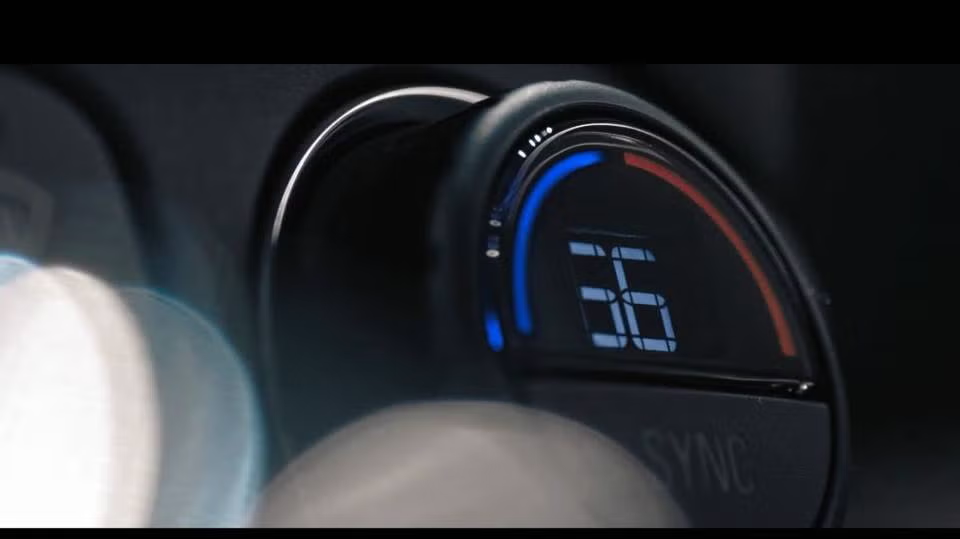Sustainability Challenge:
Hydrofluorocarbons (HFCs) and other chemical compounds in common refrigerants are known to have a negative effect on the environment and contribute to global warming.
Chemistry Solution:
Chemours’ line of hydrofluoro olefin (HFO)-based, low global warming potential (GWP) refrigerants uses less energy and contributes to reduced greenhouse gas emissions.
Sustainability Benefit:
A transition from HFC-based refrigerant technologies to HFO-based, low-GWP alternatives over the next three years could help prevent up to 200 billion tons of CO2 emissions by 2050.
The Chemours Company’s breakthrough refrigerant, Opteon™, uses hydrofluoro olefin (HFO)-based refrigerant technology, which has very low global warming potential (GWP) and zero ozone depletion potential (ODP), as an alternative to hydrofluorocarbons (HFCs) for essential air conditioning and refrigeration technology.
A difference in chemistry makes a big difference in global warming potential. Opteon’s HFO refrigerant can have a GWP that can be 99 percent less than other refrigerants. HFO refrigerants also break down faster in the environment, while HFCs can persist in the atmosphere for years.

The benefits of HFO-based refrigerants like Opteon™ enable modern living in an environmentally sustainable way—from refrigerated trucks and supermarket cases that protect food we eat, to pharmaceutical transportation and air conditioning systems that keep vehicles, schools, and data centers cool and functioning. Technologies like Opteon™ can help reduce global warming potential by up to 99.9 percent. And, Chemours has estimated that by 2025, low global warming potential solutions like Opteon™ are expected to eliminate 300 million tons of CO2, equivalent to taking nearly 67 million cars off the road for one year.
The United Nations’ Food and Agriculture Organization predicts that production of food needing refrigeration will need to increase by 70 percent globally to feed an additional 2.3 billion people by 2050. As companies around the world expand their use of sustainable refrigerants from cars to data centers to supermarkets and hospitals, the positive environmental and societal impact of Opteon™ low GWP refrigerants could grow exponentially.
According to the Institute for Governance and Sustainable Development, if the transition from HFC-based refrigerant technologies to HFO-based, low GWP alternatives continues over the next three years, it could prevent up to 200 billion tons of CO2 emissions by 2050. This one step alone could have a big environmental impact, potentially lowering the predictable global temperature rise by 0.5ºC by 2100.



